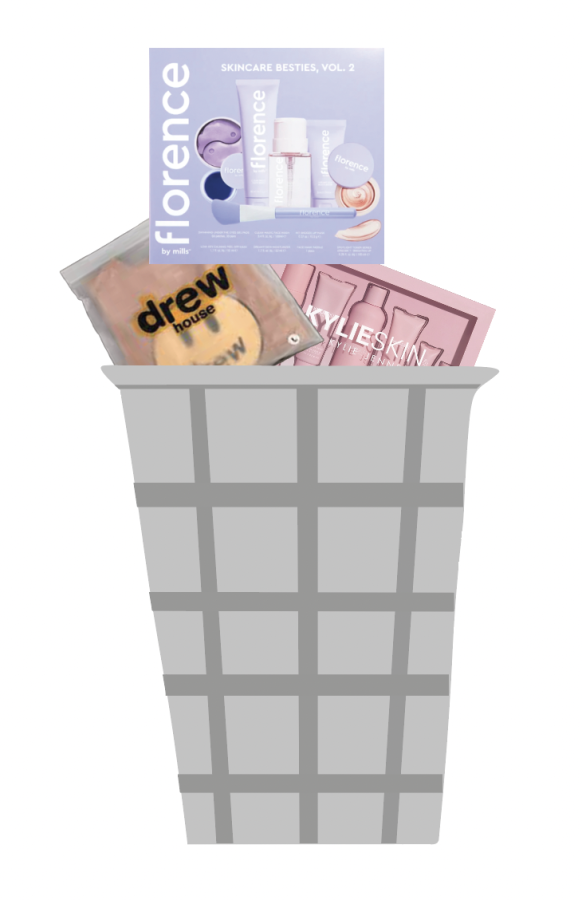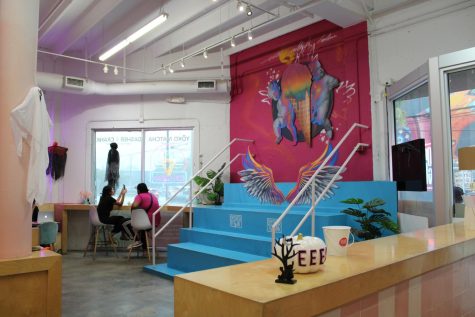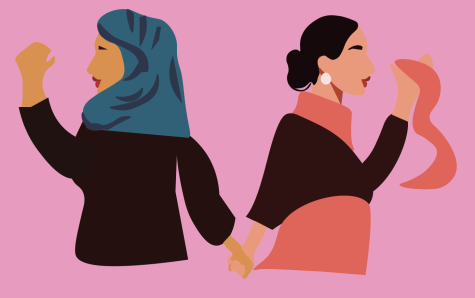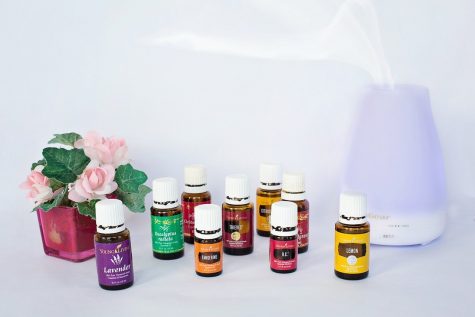Faulty brands, a faulty celebrity trend
Celebrities trying different tactics to get the general public’s money is not a new concept. Still, recently many have resorted to starting companies and launching products that lack quality.
Society has gotten used to seeing celebrities across billboards, social media feeds, and television. However, in recent years, celebrities have moved on from regular marketing through screens and have begun branding themselves. In contrast to known where they endorse brands to make a brand for themselves. As demonstrated through the launching of various skincare lines, makeup products, clothing items, and even “health” drinks, celebrities are slowly infiltrating the retail industry, effectively eliminating other competition.
Though they are entitled to do so, many of these brands do not carry the quality products they promised their clients and only sell because of the faces and names associated with them. For example, Kylie Skin is a skincare line launched in May 2019 by Kylie Jenner, known for her hit reality T.V. show “Keeping Up with the Kardashians.” Jenner had been in the beauty industry for many years before going into skincare, having started “Kylie Cosmetics” five years prior, in 2014. Yet the quality of her Kylie Skin products was called into question by the public because of her new Walnut Face Scrub. In her official website, she claims that it leaves the skin with “a healthy-looking glow” and could be used two through three days weekly. However, these statements were disproven as soon a the product became available to the public. Walnut face scrubs have been proven to cause redness and skin tears, according to Joshua Zeichner, a clinical researcher in dermatology in Mount Sinai Hospital in New York City, and this product was no exception. Despite this, Kylie Skin was able to reach $25 million in sales in 2019 according to Coty, a skincare line that co-owns 51% of Kylie Skin.
Whether it is for a concert or simply supporting their new endeavors, a lot of passionate fans like to buy merchandise like hoodies and t-shirts from their favorite artists. In January 2019, Justin Bieber, alongside his former stylist and friend Ryan Good, launched the first collection of their clothing line “Drew House.”
“The Drew House sweatshirt is too expensive for what it is,” junior Paulina Melendez said. “The average Floridian worker in minimum wage jobs,” which is currently at $10 per hour according to minimum-wage.org, “will have to work at least 14 hours in order to buy the cheapest sweatshirt Bieber sells.”
Despite the product not being necessarily bad, Melendez thinks the price is too elevated for a sweatshirt you can find anywhere else with the same quality for a significantly lower price.
Moreover, a lot of people would argue that buying celebrity makeup or skincare products is a good investment as their routines can be recreated as well as their looks. However, the reality is that they use false advertising to promote their products, with the use of filters on promotional shoots and video manipulation to trick their audience.
Millie Bobby Brown, an actress well known for her lead role in “Stranger Things,” launched her skincare line, “Florence By Mills,” in August 2019. As a promotional video, on Instagram, she posted her nighttime routine supposedly applying her new products. A lot of fans caught on to the fake promotion, as it was easy to tell that she was not applying the products. In the part of the video where Brown is said to be using the brand’s face wash, she was not applying any product to her skin. She responded to these claims on an Instagram post, explaining that she saw it as a a quick video showing her fans how she used the products and didn’t think it would be interpreted the way it was. While the intent may not have been malicious, she still deceived a lot of disappointed fans.
“As a customer and follower of Millie Bobby Brown I can say I am disappointed with the publicity done for [Florence by Mills]. I wish the advertising would have been less deceitful,” freshman Abril Lettieres said.
A great local alternative would be “Beauty For Real,” founded by Leslie Munsell. Having worked in the beauty industry for years, she puts those years of experience to good use. Her products are meant to be multi-purpose and are said to perform well by consumers online.
“I just bought the neutral lip D-line for the third time. Best neutral color. So hard to find that perfect color,” user @kewpie09 said on Instagram.
Furthermore, the brand is cruelty free, clean and inclusive of women of all ages in their ads. Considering the beauty industries’ prejudice against older women, this is a big step in the right direction.
Most of these celebrities launch themselves into whatever market they deem most more profitable and viable. They take advantage of the fact that their fans will most likely buy the products they launch no matter how bad the quality may be. It is time to start supporting businesses that put their time, money and effort into a quality product.
Your donation will support the student journalists of Coral Gables Senior High School. Your contribution will help us cover our annual website hosting costs.
















